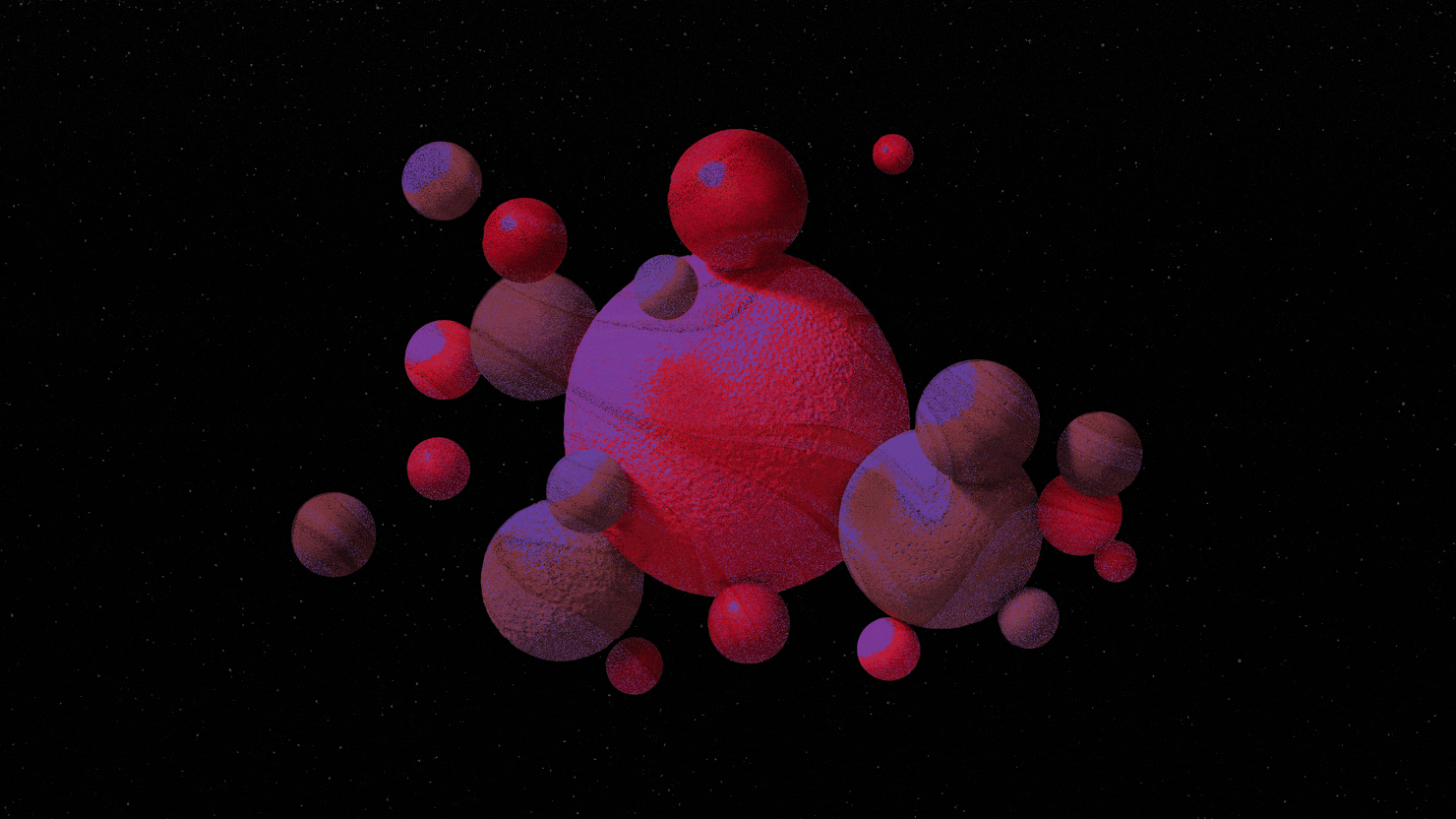The Reality of Space and Time in Physics
Khái niệm cốt lõi
Entanglement and quantum mechanics suggest a monistic universe where space and time are illusions, leading to a fundamental reevaluation of the nature of reality in physics.
Tóm tắt
Quantum entanglement, a phenomenon where quantum objects can be correlated over large distances, challenges traditional notions of space and time. Recent experiments with Google's quantum computer hint at wormholes in a 2-dimensional universe, sparking new research avenues. The concept of entanglement implies a monistic universe where everything is interconnected on a fundamental level, reshaping our understanding of reality. Researchers like Leonard Susskind and Sean Carroll are exploring how this hidden quantum reality could explain not just matter but also the fabric of space and time. The implications of entanglement extend beyond mere quantum phenomena; it serves as the foundation for merging classical reality into one while still perceiving separate objects. This shift in perspective suggests that space and time may not be fundamental but emergent properties of a deeper underlying reality.
Why More Physicists Are Starting to Think Space and Time Are ‘Illusions’
Thống kê
Quantum objects can be mysteriously correlated even if separated by large distances.
A process on Google’s quantum computer could be interpreted as a wormhole.
Entanglement implies that the universe is part of a single, unified whole.
Entangled states are superpositions of all possible combinations that components can be in to produce the same result.
Space-time is considered products of a more fundamental projector reality.
Trích dẫn
"I’m almost certain that space and time are illusions. These are primitive notions that will be replaced by something more sophisticated." - Nathan Seiberg, Institute for Advanced Study
"GR=QM," Leonard Susskind claimed boldly in an open letter to researchers in quantum information science: general relativity is nothing but quantum mechanics—a hundred-year-old theory that has been applied extremely successfully to all sorts of things but never really entirely understood."
Thông tin chi tiết chính được chắt lọc từ
by Hein... lúc www.thedailybeast.com 01-29-2023
https://www.thedailybeast.com/why-more-physicists-are-starting-to-think-space-and-time-are-illusions
Yêu cầu sâu hơn
How does the concept of entanglement challenge traditional views on space-time?
Entanglement challenges traditional views on space-time by suggesting that the universe is fundamentally monistic, where everything is interconnected and part of a single unified whole. This implies that there are no individual objects in the universe, and all entities are merged into a single "One." Entanglement reveals that classical reality, where we perceive separate objects, is actually a result of this underlying quantum entangled state. It blurs the lines between individual entities and shows how they can exist in superpositions of multiple states simultaneously. This challenges the conventional understanding of space and time as independent frameworks within which physical phenomena occur, suggesting instead that they may emerge from a more fundamental quantum reality.
Is it feasible for physicists to shift their focus from particle physics or string theory to explore quantum cosmology?
It is not only feasible but also increasingly common for physicists to shift their focus from particle physics or string theory to explore quantum cosmology. Researchers at the forefront of quantum gravity have started rethinking space-time as a consequence of entanglement, indicating a shift towards exploring more foundational aspects of reality. The idea that space and time may not be fundamental but rather emergent properties arising from a deeper quantum reality has gained traction among scientists. By embracing this approach, physicists aim to develop a more comprehensive understanding of the universe that goes beyond traditional frameworks like particle physics or string theory.
How might embracing the monistic implications of quantum mechanics reshape our understanding of reality beyond physics?
Embracing the monistic implications of quantum mechanics could reshape our understanding of reality beyond physics by fundamentally altering how we perceive existence. If everything in the universe is connected and part of a single unified whole, it would imply a profound shift in our worldview. Concepts like separability would be challenged, leading to a perspective where individual objects cease to exist in isolation. This holistic view could extend beyond physics into other disciplines, influencing philosophy, psychology, and even spirituality. By recognizing the interconnected nature of all things through quantum monism, we may gain new insights into consciousness, perception, and the nature of reality itself.
0
